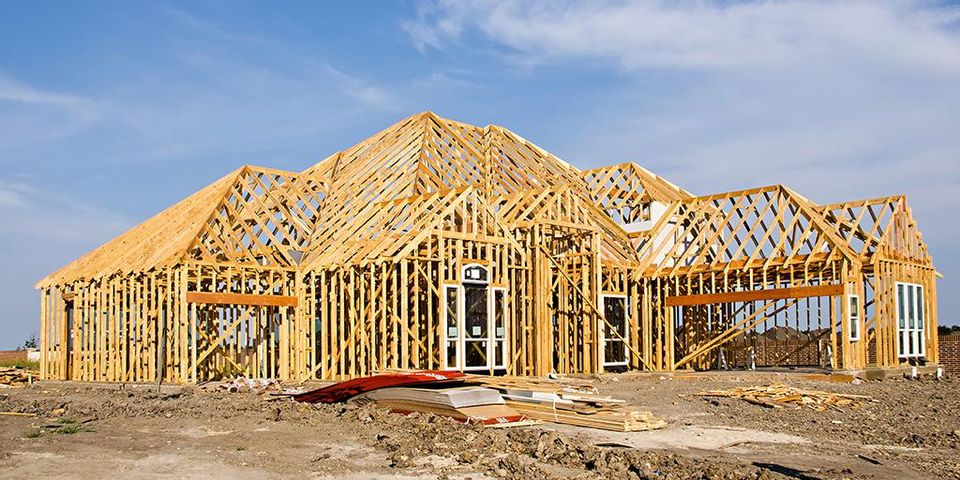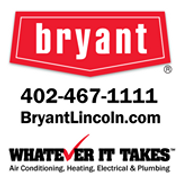What's the Right Type of Furnace for Your New Home

Residential homes can be outfitted with several different types of furnaces, each of which has its own benefits and makes it ideal for certain situations. If you're building a home, here's a look at which of the available furnace types is most well-suited for your new house.
Affordability in a Populated Area: Natural Gas or Electric
If your primary concern is affordability, and your home is located in a relatively populated area, look at natural gas and electric furnaces. So long as a natural gas supply is available, which it is in many cities, towns, and suburbs, you can choose between either of these two options. Which one is the best solution for your house depends on what part of the country you live in.
As far as cost goes, electric furnaces generally are slightly more affordable than their natural gas counterparts.
Electric furnaces cost between $2,000 and $4,000 to install and last for up to 30 years, while natural gas models cost $3,000 to $7,000 to install and last as many as 20 years. Natural gas comes with lower fuel costs, but the difference might not make up the difference in installation.
Electric furnaces, however, aren't capable of heating homes year-round in all climates. They simply aren't suitable for the harsh winter temperatures that some cold climates see. If you live in the Southern United States, an electric furnace is an excellent and affordable option. If you live in a cold area, though, this type of furnace could leave you shivering in January.
Thus, a natural gas furnace is a better choice if you live in a colder part of the country. You'll likely have to pay a little more for the furnace and replace it a little sooner, but these furnaces are still fairly affordable. Most importantly, they're powerful enough to handle much colder temperatures.
Warmth in a Rural Area: Oil or Electric
If your home is in a rural area where natural gas pipping either isn't available or is prohibitively expensive, the two main options you'll have are an electric furnace or an oil one. Since most homes have an electricity source, and electric furnace is usually still an option for remote houses.
Between these two choices, an electric furnace is the more affordable option and preferable if you live in the Southern United States. The cost-saving benefits noted above still apply — and are even accentuated by the higher cost of an oil furnace. An electric furnace still, however, is likely insufficient if you live in one of the country's colder regions.
Oil furnaces are capable of heating homes in cold regions throughout all winter months, and they're widely used in remote settings because heating oil is brought in by truck. Thus, any house that has road access can have heating oil for an oil furnace delivered to it.
If you install an oil furnace, be prepared to spend substantially more on heating costs than you would if you used a natural gas furnace. From October 2012 to March 2013, the U.S. Energy Information Administration projected that households with oil heat would spend $2,558 on heating costs while those with natural gas furnaces would spend only $690 on heating costs.
The added cost of an oil furnace is an obvious drawback if you have another choice that's capable of keeping your home warm. When this is the only option that will provide year-round warmth, though, an oil furnace is an alright option and used by many homeowners.
Heat and Air Conditioning in a Hot Region: Heat Pump
If you live in a hot region where air conditioning is more important than heat, an electric heat pump is a good option.
An electric heat pump doubles as both a furnace and an air conditioner, and can do both quite efficiently. In areas in mid-America, like Nebraska and Iowa, the air handler also has backup electric heat for when the temperature reach levels below a heat pump’s effective limit. With technology and improvements today’s heat pumps are becoming more and more efficient even in cooler climates.
If you need a new furnace for a home that you're building, contact the professionals at Bryant Air Conditioning, Heating, Electrical & Plumbing at 402-467-1111. They provide free estimates for all new HVAC systems and can provide options for you to consider and helpful direction when it comes to what each option can do for you.
About the Business
Have a question? Ask the experts!
Send your question

